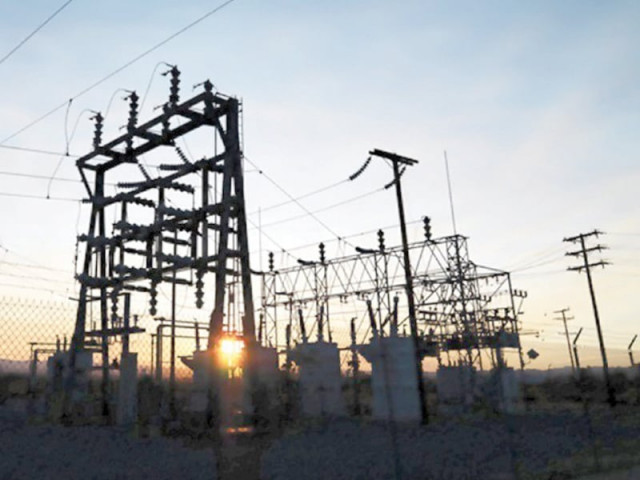Above the law
Statesmen willing to take on corrupt elite will be hailed. Unwilling politicians will find themselves unemployed.

If the government believes it can fix the country’s energy crisis while also letting some of its wealthiest citizens continue to steal electricity, it is sadly mistaken. PHOTO: FILE
We could make moral, philosophical, economic, or even mathematical arguments as to why this move by the government is wrong. But those arguments are likely to fall on deaf ears. So, we will make the only argument that will hold any meaning: it will cost the ruling PML-N votes. Take a good long look at the currently unemployed politicians of the PPP, Mr Prime Minister. It was not a specific scandal that caused the voters to chuck the largest political party in the country from the corridors of power. It was for their unwillingness to confront the singular reality that defines Pakistan’s political economy today: the state can no longer afford to pay for the privileges of its corrupt elite. Any statesman willing to take on that corrupt elite will be hailed as a hero. Any politician unwilling to take on that confrontation will soon find themselves unemployed.

The PML-N already suffers from the perception that it is the party that supports the interests of Pakistan’s industrial and commercial elite. It can ill afford to further perpetuate that perception with policies like preventing the National Accountability Bureau (NAB) from prosecuting electricity thieves. The amounts in question are far from trivial. Unpaid bills from defaulters that NAB was asked to prosecute total Rs112 billion. If NAB fails to recover that amount, the state-owned utility companies will try to recoup the cost of generating that electricity from their law-abiding customers, perpetuating the cycle of perverse incentives. For its own political interests, the Nawaz administration should seek to break that cycle.
Published in The Express Tribune, February 5th, 2014.
Like Opinion & Editorial on Facebook, follow @ETOpEd on Twitter to receive all updates on all our daily pieces.















COMMENTS
Comments are moderated and generally will be posted if they are on-topic and not abusive.
For more information, please see our Comments FAQ